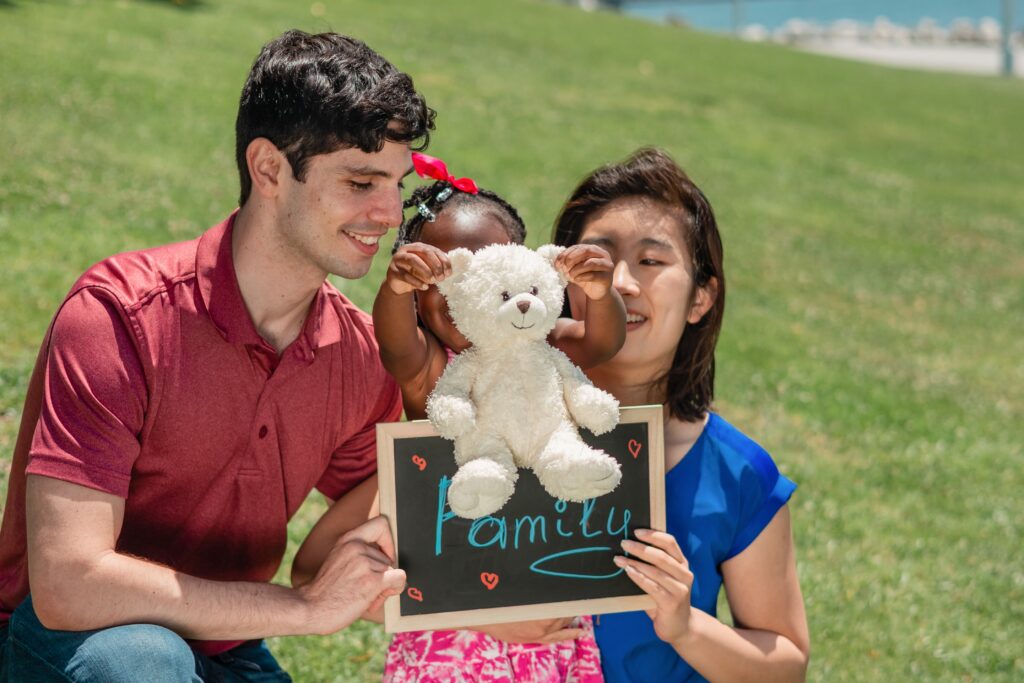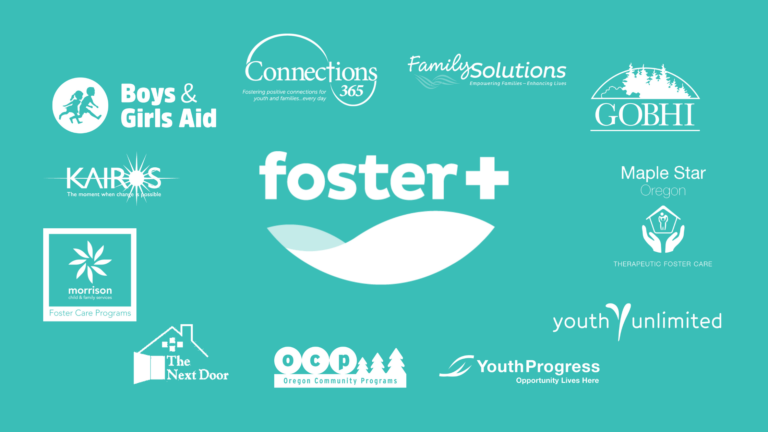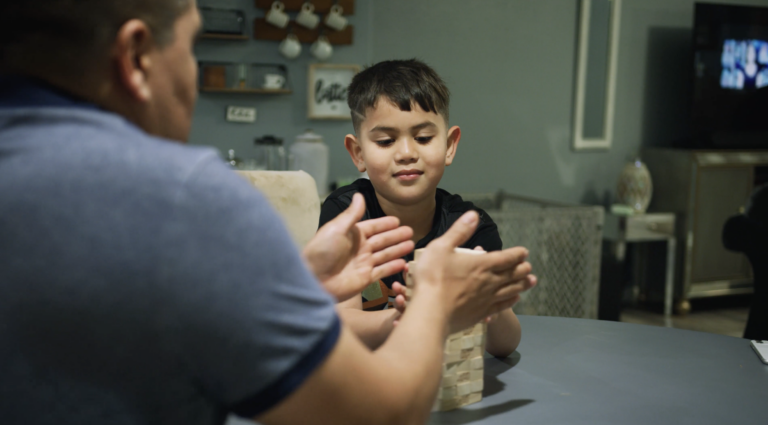May is National Foster Care Month. According to the Children’s Bureau, 2023’s theme — Strengthening Minds. Uplifting Families. — is all about taking a “holistic and culturally responsive approach to supporting the mental health needs of those involved with child welfare.” This theme dovetails perfectly with another important May observance: Mental Health Awareness Month.
As a collective of nonprofit social service agencies committed to providing support to kids in need, we feel it is vital to use this month to shed light on the youth mental health crisis impacting kids across the country. It’s also the perfect time to share ways that you can get involved and make a positive difference in a child’s life.
The Youth Mental Health Crisis at a Glance
The United States is facing a youth mental health crisis that’s growing at an alarming rate. A quick survey of recent research shows some troubling trends:
- About 60% of youth with major depression do not receive any mental health treatment (Mental Health America).
- Nearly 3 in 5 (57%) U.S. teen girls felt persistently sad or hopeless in 2021, a dramatic increase from the 36% reported in 2011 (CDC).
- The percentage of high school students who seriously considered attempting suicide, made suicide plans, and attempted suicide all increased from 2011 to 2021 (CDC).
The COVID-19 pandemic has played a significant role in this crisis, with a surge in anxiety, depression, and stress among youth due to isolation, disrupted routines, and academic challenges. In 2020, adolescents aged 12-17 saw a 31% increase in mental health-related emergency department visits (National Alliance on Mental Illness).
To make matters worse, many communities across the country lack adequate resources to address these growing mental health needs. That’s unfortunately been the case here in Oregon.
In an article from March, OPB highlighted how kids are falling through the cracks in Oregon’s mental health care system. Key to this has been a notable drop in the number of beds at residential treatment facilities that serve children in crisis.
Thankfully, local organizations are stepping in to fill the gaps. Youth Villages, a nonprofit that works with some of our Foster Plus partner agencies, runs a great program called Intercept that provides intensive in-home parenting skills training to help prevent children from entering foster care.
Even with creative solutions from organizations like Youth Villages, there’s still much work to be done at the government level and in raising awareness if we hope to turn the tide in the youth mental health crisis.
The Intersection of Foster Care and Mental Health
While the youth mental health crisis is felt across many demographics, kids in foster care face a unique set of challenges. According to the American Academy of Pediatrics, “Mental and behavioral health is the largest unmet health need for children and teens in foster care.”
From childhood trauma and family relationship problems to navigating the ongoing uncertainty and disruption that comes with moving through the foster care system, it’s easy to understand why the rate of mental health issues is significantly higher among children in foster care than among the general population. And a lack of access to consistent, high-quality mental health services remains an issue for many kids in the foster care system.
At Foster Plus, our partner agencies work with kids, teens, and young adults who need extra support by connecting them with care that’s a step up from traditional foster care. This includes providing robust resources to meet the mental health needs of the youth we serve. Staff offer skills training sessions with youth that bolster positive coping skills and self-esteem. They also connect youth and families with mental health specialists who provide individual and/or family therapy sessions. Clinicians use proven practices and work with the youth’s larger care team to inform goals.
How You Can Make a Difference
While the scale of this crisis is large, it’s up to us to start taking action in our local communities to ensure foster youth have the resources and support they need to thrive. Whether you’ve personally experienced foster care, you’re a long-time advocate, or you’re ready to start your journey supporting foster youth, thank you for showing up.
Here are three ways you can get involved and help make a positive difference in the current youth mental health crisis.
1. Raise awareness about the mental health needs of foster youth.
For Mental Health Awareness Month, NAMI (the National Alliance on Mental Illness) has released a partner guide that lists some ideas for events and activities you can organize to spread awareness and initiate productive mental health conversations in your community. Additionally, this National Foster Care Month Outreach Toolkit from the Children’s Bureau provides a number of helpful resources for raising awareness online, including sample social media posts, cover photos for your social media pages, and key statistics to include in your posts.
2. Take the Youth Mental Health First Aid course.
If you’re a parent, a teacher, or if you regularly interact with young people, this course is a great way to learn how to help adolescents (ages 12-18) who are experiencing mental health crises. You’ll learn about common mental health challenges faced by youth throughout their development, as well as practical guidance for how to help young people. Visit the Mental Health First Aid website to learn more.
3. Become a relief parent.
Relief parents provide care for foster kids on a temporary basis — often just a day or two at a time. This gives foster parents time off when they need it, and it’s a great way to make a difference in a child’s life with a lower level of commitment than becoming a full-time foster parent. To learn more about becoming a relief parent, read our FAQs and request more information by visiting fosterplus.org/faqs.
Get Connected to a Foster Plus Agency Today
The need for safe, caring, supportive foster homes in Oregon is great. This is especially true as growing mental health concerns and limited resources put additional strain on the lives of youth in the foster care system. If you’re ready to become a foster parent, we’d love to hear from you. Visit fosterplus.org/get-started to start your journey and open your home and your heart to make a difference in a young person’s life.





